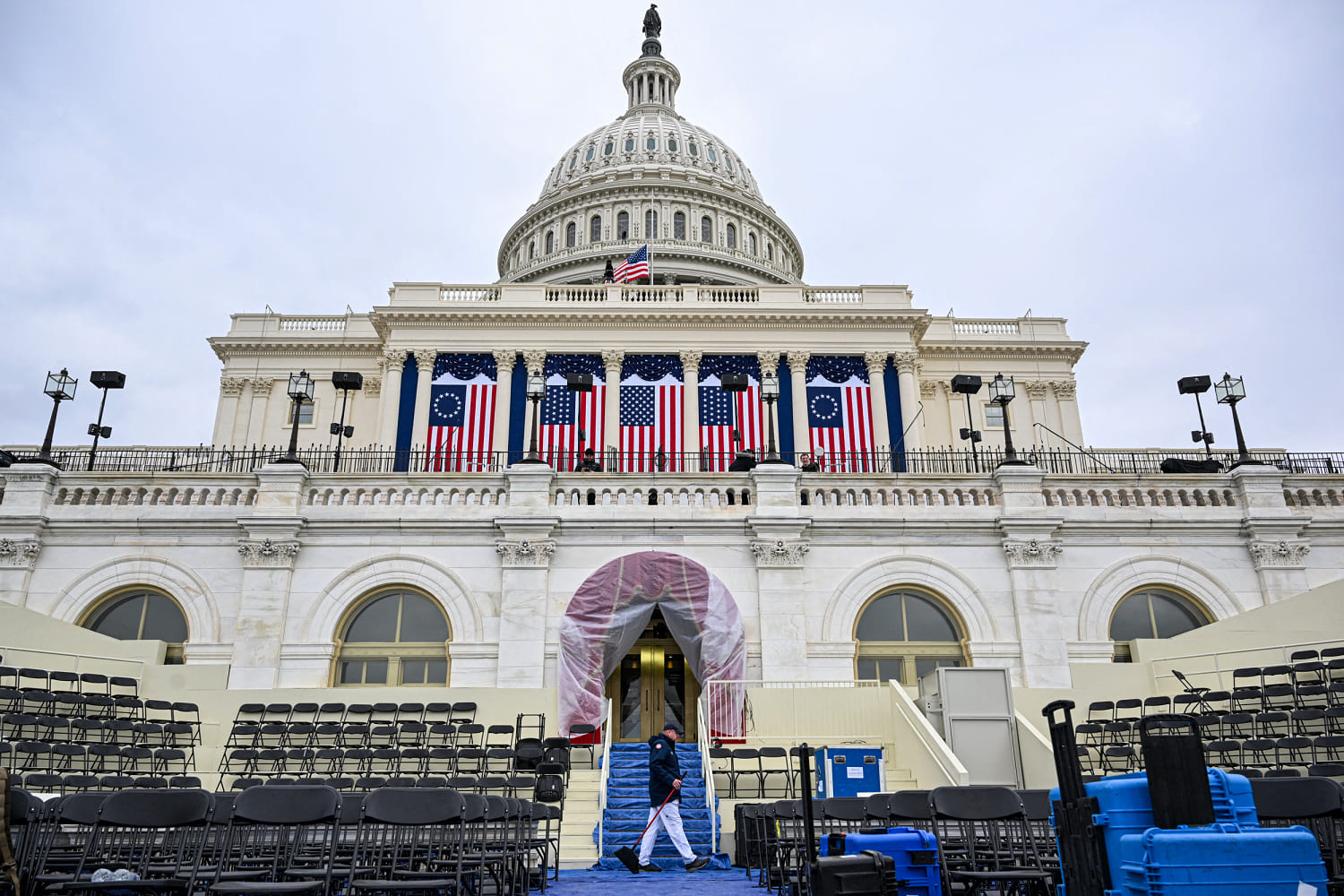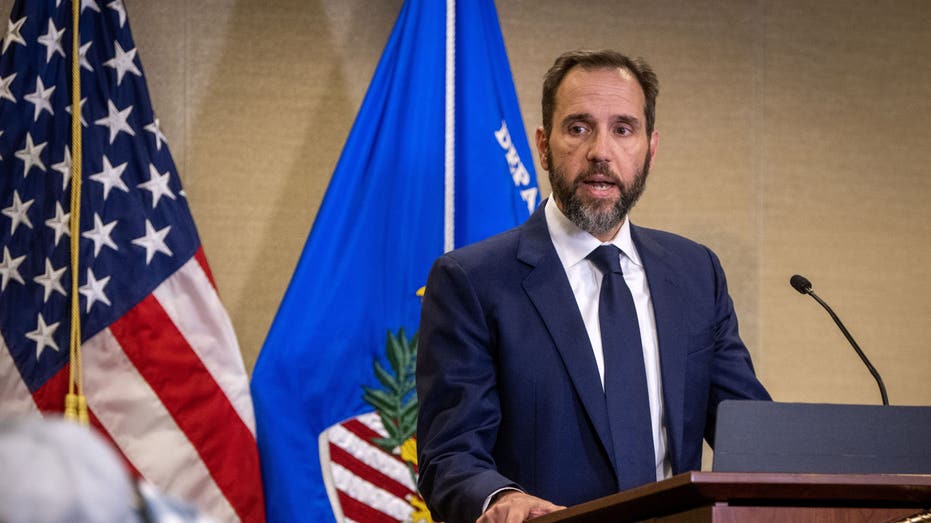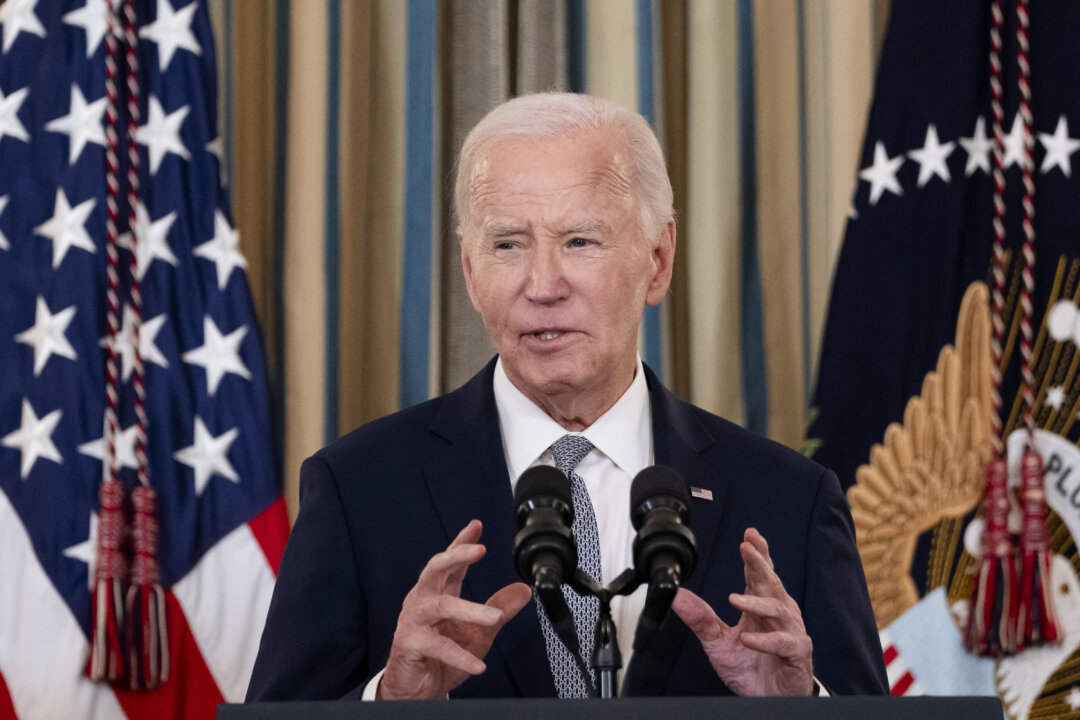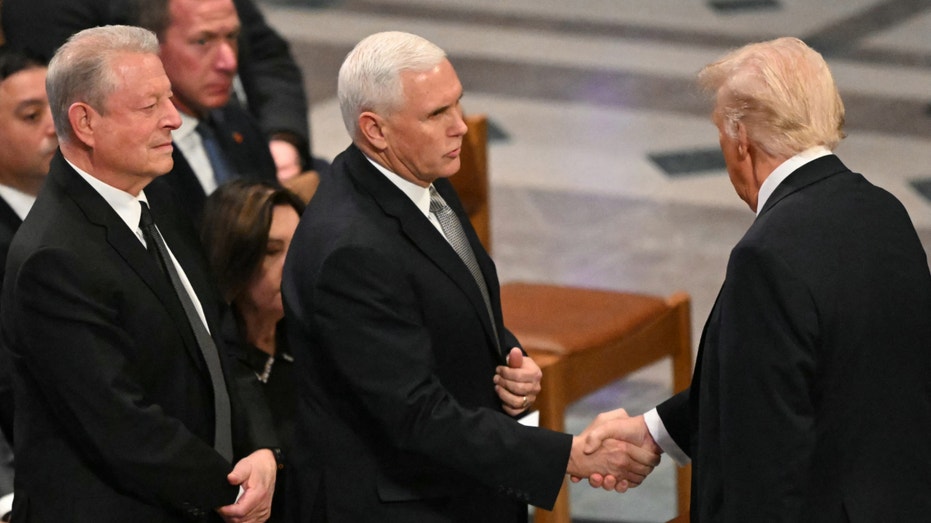

President-elect Donald Trump had a very successful first week in Washington, before even taking office. Even his most contentious nominees did well in their Senate hearings, setting the table for a round of quick confirmations. But before the hearings even took place, the groundwork had been laid.
That groundwork was former congressman and current One America News host Matt Gaetz. His nomination to attorney general, first announced on Nov. 13 and withdrawn just eight days later, shifted the Overton window for what was an acceptable political nomination and opened the door for those who came after.
It’s a long fight yet, but if the past week provides any clue, the nomination team is well prepared.
Gaetz was already infamous in Washington circles (and beyond) for alleged indiscretions in his sex life and rumors of drug use. More than that, he'd well earned the ire of Washington politicians for his unpredictable, often populist, and always loud actions, culminating in the political assassination of Speaker of the House Kevin McCarthy (R-Calif.). Meanwhile, these same stances had made him a darling with the MAGA base.
Gaetz’s quick (and needless) resignation from Congress to pursue the nomination spared him the incoming condemnation of his congressional peers, who were about to release a report on his alleged misdeeds. All was going according to plan, but the Senate is a funny place, and there was no way in hell senators were confirming Gaetz to run the Department of Justice — a reality the transition team had to accept after his meetings on Capitol Hill exposed the depth of opposition.
So fine! Trump showed he was willing to be reasonable and compromise with them, the Republicans in the Senate got a shiny scalp to feel like they were in charge, and Gaetz got to head back to Florida a MAGA martyr to the Swamp.
The same day Trump nominated Gaetz, he nominated Fox News host and War on Terror veteran Pete Hegseth to head the Department of Defense. Hegseth has his own past indiscretions, as evidenced by two previous marriages ultimately broken by his infidelities. But when Sen. Joni Ernst (R-Iowa) came out to lead the attacks of Mitch McConnell (R-Ky.) on Hegseth, she was met with united opposition from Trump allies in power and on social media. “Sorry, Republicans, you already got a scalp. Why won’t you treat Trump’s nominees half as well as you treated President Joe Biden’s disastrous nominees?”
She quickly folded, made a fast show of tweeting her various loyalties to the president’s agenda, and promised to give Hegseth a quick hearing.
There were supposed to be three confirmation hearings on Tuesday, but a series of paperwork screw-ups delayed two, and Hegseth ended up in the hot seat alone. This was a good thing for Democrats, who concentrated their fire on his positions and his past alike.
Hegseth was well coached and well prepared. In his opening remarks, he dedicated his nomination to God and laid out a compelling vision for a muscular, warrior-first Pentagon purged of woke ideology. He took responsibility for past failures, thanked Christ for his difficult path to becoming a happy and loyal family man, and jousted with Democrat policy positions.
The Democrats were truly unprepared. It was an incredible show of undisciplined and shrieky viciousness. (Not to mention the hysterical irony of senators preaching about sobriety and marital fidelity.) The hearing was a success, Ernst’s vote was publicly secured, and the path to confirmation now seems clear.
From there, it was clear sailing. Democrats were largely afraid to personally attack Gaetz’s replacement attorney general nominee, Pam Bondi. Instead, they used her hearing to go after FBI nominee Kash Patel and Trump himself, while Bondi spoke eloquently about investigating and ending the Justice Department’s political prosecutions.
Office of Management and Budget nominee Russ Vought performed admirably and professionally, though his second hearing next week could get hairy. Sen. Marco Rubio (R-Fla.), one of their own, was not subjected to any particularly torturous affair, and the other nominees barely registered in the news.
The play had been set, the blitz launched, and the plan worked. Democrats’ chance to start the week off with a Republican stumble was spoiled. A master class.
Of course, there are more battles ahead. We still haven’t gotten to Patel’s hearing (though we got a preview of the attacks in Bondi’s). And we’re still waiting to hear from Robert Kennedy Jr. for Health and Human Services and former U.S. Rep. Tulsi Gabbard (D-Hawaii) for director of national intelligence.
Patel is a savvy politico, well qualified for the job of FBI director. Barring any unplanned stumbles, he should survive. Kennedy as well, if he pledges to uphold the president’s pro-life stances. (His views on vaccinations and making America healthy again don’t threaten Republican senators’ agendas.)
Gabbard is the one to watch for danger. Neoconservatism lives strongly in professional Washington (where former South Carolina Gov. Nikki Haley won her only primary), and its stronghold is the Republican Senate. Gabbard will need to convince those neocons she won’t threaten their projects, leaning heavily (and carefully) on the president’s foreign policy preferences. It’s a long fight yet, but if the past week provides any clue, the nomination team is well prepared.
Beltway Brief flashback: Mitch McConnell’s secret war on Trump
The Spectator: Hegseth in the (shockingly disorganized and spastic) hornets' nest
UnHerd: Democrats have failed the Pete Hegseth test
Blaze News: Majority of Dems vote against bill to deport illegal immigrants for committing sex crimes
Sign up for Bedford’s newsletter
Sign up to get Blaze Media senior politics editor Christopher Bedford's newsletter.
THE FIRE RISES
Compact: The undoing of Britain
What’s to blame for Britain’s moral and spiritual rot? Its unwillingness to tackle obvious problems plaguing its citizenry or to even give them fair hearing? The answer lies not in the civic liberal values it so vaunts, but in the multiculturalism that actually rules the country. Nathan Pinkoski writes:
In the postwar period, British elites launched a great multicultural experiment, then strove to prove that this system was compatible with Britain’s cherished liberal tradition. This gave birth to modern British exceptionalism: the faith that Britain’s blend of liberalism and multiculturalism uniquely solves the problems of building a multiethnic nation. Unlike Canada’s, Britain’s multiculturalism never had to reckon with a separatist movement. No far-right, anti-immigration party akin to France’s Front National swept into Westminster. And while Britain passed US-style anti-discrimination laws, it avoided the racially charged political debates of American politics. British elites worked hard to achieve this, and successfully marginalized anti-immigration politicians such as Enoch Powell. For years, British elites prided themselves on having removed the sensitive issue of race from partisan politics.In the past few years, though, elites have acknowledged that this multicultural-liberal synthesis is on the defensive. Multiculturalism and liberalism are only compatible as long as minority groups are committed to liberal values, and within Britain, major minority groups quite clearly aren’t. This is why politicians now regularly argue for a more muscular civic nationalism. Concerns about the failures of integration abound. Homegrown Islamic terrorism is a problem. Politicians want to be seen as addressing these issues, reassuring voters they still live in a liberal nation.
But the renewed attention to the grooming gangs scandal — which has at last forced the legacy media to grapple with its enormity — shows up all those paeans to civic liberal nationalism as empty chatter. Multiculturalism, not liberalism, governs Britain ...
UnHerd: Are grooming gang perpetrators really from ‘peasant’ communities?
.png)
 6 hours ago
2
6 hours ago
2














 English (US)
English (US)